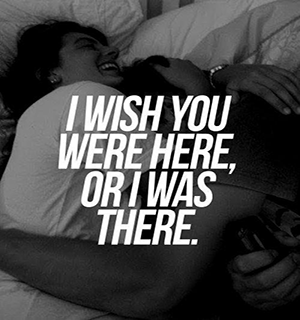Real and Unreal Time in English
 Unreal time includes those grammatical structures, whose form does not always refer to the time you would automatically think of. Here is a list of the most typical examples.
Unreal time includes those grammatical structures, whose form does not always refer to the time you would automatically think of. Here is a list of the most typical examples.
It's time
It's time for us to go. (Form: present, Meaning: present)
It's time we left. (Form: past, Meaning: present)
It's high time we left / we were leaving. (Form: past, Meaning: present)
Wishes
When you want to change something about the present, you use past forms after I wish:
I wish we had a motorbike.
I wish I wasn't getting older.
I wish you were here.
When you want somebody or something else to change, you use I wish + would:
I wish you would stop smoking.
I wish it would get warmer.
I wish my neighbour would quit drinking.
If you want to express wishes about the past, you need to use past perfect forms.
I wish I had checked the weather forecast, now I'm soaked.
She wishes she had studied, she feels bad she failed.
Hopes
If you want to express a wish about the future, you can use I hope (present and future forms as well)
I hope you are lucky tomorrow. / I hope you will be lucky tomorrow.
We hope we don't catch the flu. / We hope we will not catch the flu.
Would rather
We use I would rather to express something about other people. We refer to the present using past forms:
I'd rather you gave up gambling.
I'd rather she didn't post everything on the internet.
I would prefer
We use it for the same purposes as I'd rather, but we need to add the object IT to the sentence.
I would prefer it if you took school more seriously.
I would prefer it if she didn't tell me lies all the time.
As if / As though
For true situations we use present tenses after this structure:
He speaks as if he's sick. ( He is sick indeed, he has a bad cold.)
For unreal situations with present meaning, we use simple past forms:
You act as if you were the boss here. (You're not the boss.)
For unreal situations with past meaning, we use past perfect forms:
She is spending money as if she had won the lottery. (No way, she didn't win it, she's just out of control.)
You treat me as if I had done something bad. (I did nothing bad, you are a little unreasonable.)
Imagine and Suppose
Both structures imply an "Imagine what would be if" meaning. For unreal purposes, we use past forms:
Imagine our national football team qualified for the European Championships! (Fingers crossed for the remaining games! How great it would be to qualify for the championships!)
Suppose you heard I was a criminal! How would you feel?
Imagine we had missed the plane. We wouldn't be on our honeymoon right now. (We didn't miss it, we are having a great time.)
